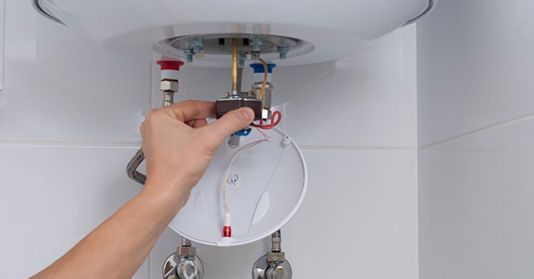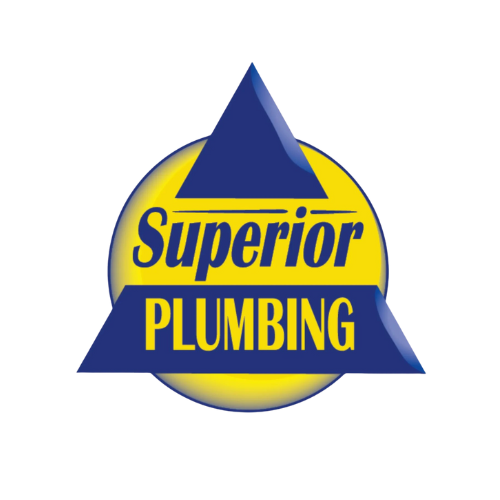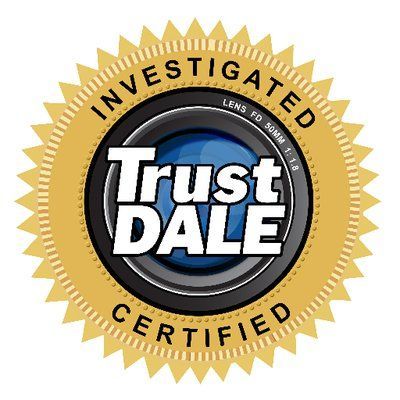When was the last time you thought about your water heater? It's easy to take this essential appliance for granted until something goes wrong. However, routine maintenance, such as flushing your water heater, can prevent malfunctions, costly repairs, and even breakdowns. In this blog post, we will explore the importance of flushing your water heater regularly for better home safety and efficiency. We will discuss the benefits of flushing, signs that indicate your water heater needs attention, and we will highlight the role of professional plumbing services in ensuring optimal maintenance and protection for your home and family.
The Importance of Flushing Your Water Heater
- Your water heater is a vital component of your home's plumbing system, providing hot water for daily activities such as bathing, washing dishes, and doing laundry. However, over time, sediment and minerals, such as calcium and magnesium, can accumulate at the bottom of the tank. This buildup not only affects the efficiency of your water heater but can also lead to potential safety hazards.
- One of the primary reasons for flushing your water heater is to remove this sediment and mineral buildup. When the sediment settles at the bottom of the tank, it can create a barrier between the heating element and the water. This barrier prevents the water from being heated efficiently, causing your water heater to work harder and consume more energy. By flushing the tank, you can eliminate this buildup and restore the heater's efficiency, resulting in energy savings and lower utility bills.
- Aside from energy efficiency, flushing your water heater also plays a crucial role in preventing potential safety hazards. Over time, the accumulated sediment can cause overheating of the tank, leading to excessive pressure buildup. This can result in leaks, bursts, or even tank failures. Additionally, the sediment can clog the water lines, affecting water flow and water pressure throughout your home. By regularly flushing your water heater, you can mitigate these risks and ensure the safety and functionality of your plumbing system.
How Often Should You Flush Your Water Heater?
- The frequency of flushing your water heater depends on various factors, such as the hardness of your water supply, the age of your unit, and the manufacturer's recommendations. As a general guideline, it is recommended to flush your water heater at least once a year. However, if you live in an area with particularly hard water or notice signs of sediment buildup, more frequent flushing may be necessary.
- Hard water, which contains high levels of minerals, can accelerate sediment accumulation in your water heater. If you notice a decrease in water pressure, strange noises coming from the tank, or discolored water, it may be an indication that your water heater requires immediate attention. In such cases, flushing your water heater more frequently, such as every six months, can help prevent further damage and ensure optimal performance.
The Risks of Neglecting Water Heater Flushing
Neglecting regular water heater flushing can lead to a range of problems, from decreased efficiency to costly repairs and potential safety hazards. Here are some of the risks associated with failing to flush your water heater:
- Reduced Efficiency: Sediment buildup acts as an insulating layer, preventing the heating element from properly heating the water. This leads to decreased efficiency and increased energy consumption.
- Premature Wear and Tear: Sediment accumulation can cause the tank to overheat, leading to increased strain on the system. This can result in premature wear and tear, leading to the need for repairs or even replacement.
- Leaking and Bursting: Excessive sediment buildup can cause pressure to build up within the tank. This increased pressure can lead to leaks or even tank bursting, resulting in significant water damage to your home.
- Clogged Plumbing Lines: Sediment can also find its way into your plumbing lines, causing clogs and blockages. This can affect the water flow and pressure throughout your home, resulting in inconvenience and potential damage to your plumbing system.
- Safety Hazards: Failure to flush your water heater can lead to potential safety hazards, such as gas leaks (for gas-powered heaters) or electrical malfunctions. These hazards can pose a risk to your home and the well-being of your family.
Trust the Professionals
Protecting Your Home and Family
Superior Plumbing prioritize your home's safety and the well-being of your family. They ensure your water heater operates safely, with functioning safety devices such as pressure relief valves and gas shut-off mechanisms. By entrusting your water heater maintenance to
Superior Plumbing, you can have peace of mind knowing that your home and family are protected.
Regularly flushing your water heater is vital for better home safety and efficiency. By preventing sediment build-up, improving performance, and extending the lifespan of your water heater, flushing contributes to a reliable hot water supply and reduces the risk of costly repairs. Choose
Superior Plumbing to ensure optimal water heater performance, protect your home and family, and enjoy peace of mind.
Contact us today for expert water heater maintenance services in Kennesaw, GA.
Aalways advisable to seek the assistance of professional plumbers for this task. Professional plumbers have the expertise, knowledge, and tools to perform a thorough flush and inspection of your water heater. They can also identify any potential issues or signs of wear and tear that may require further attention.
By entrusting the task to professionals, you can have peace of mind knowing that your water heater is in capable hands. Professional plumbers can provide comprehensive maintenance, repair, and replacement services, ensuring that your water heating system operates efficiently and safely.









